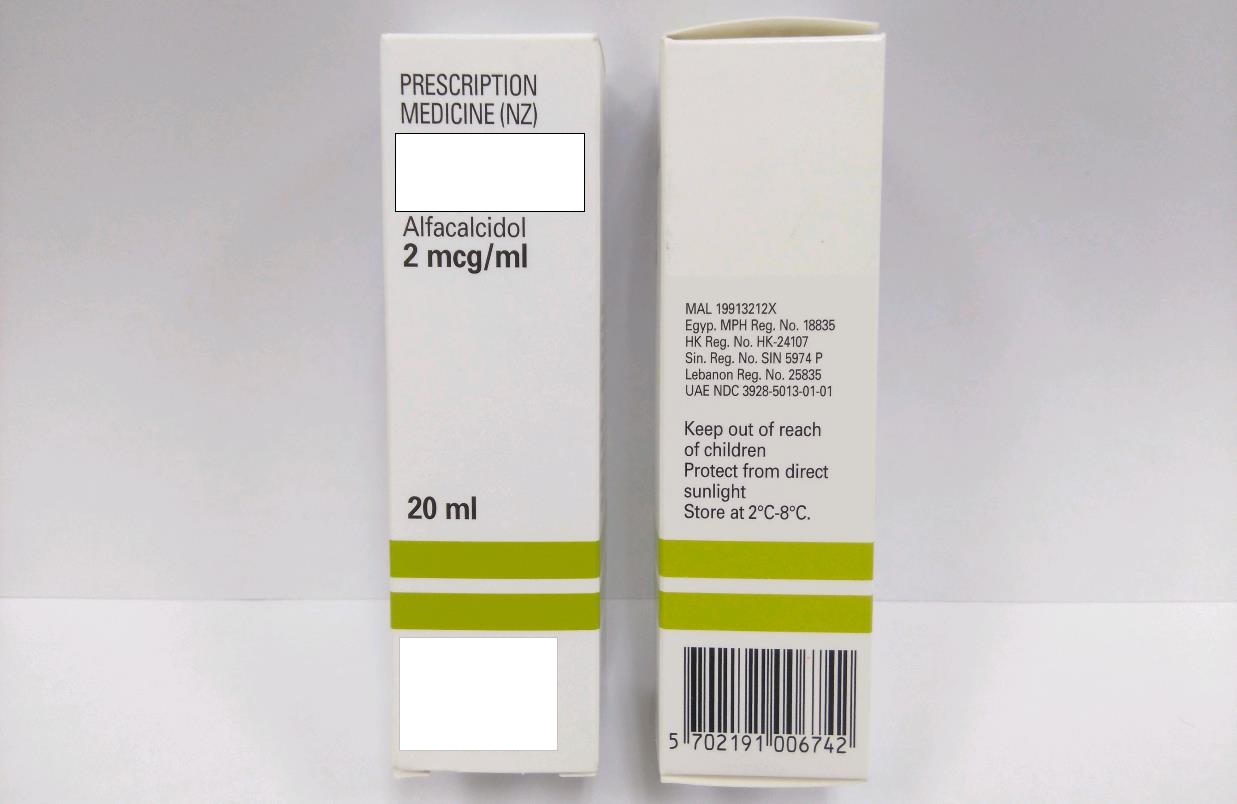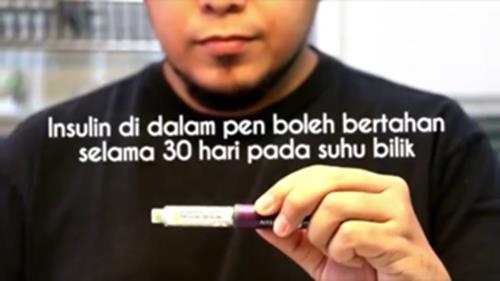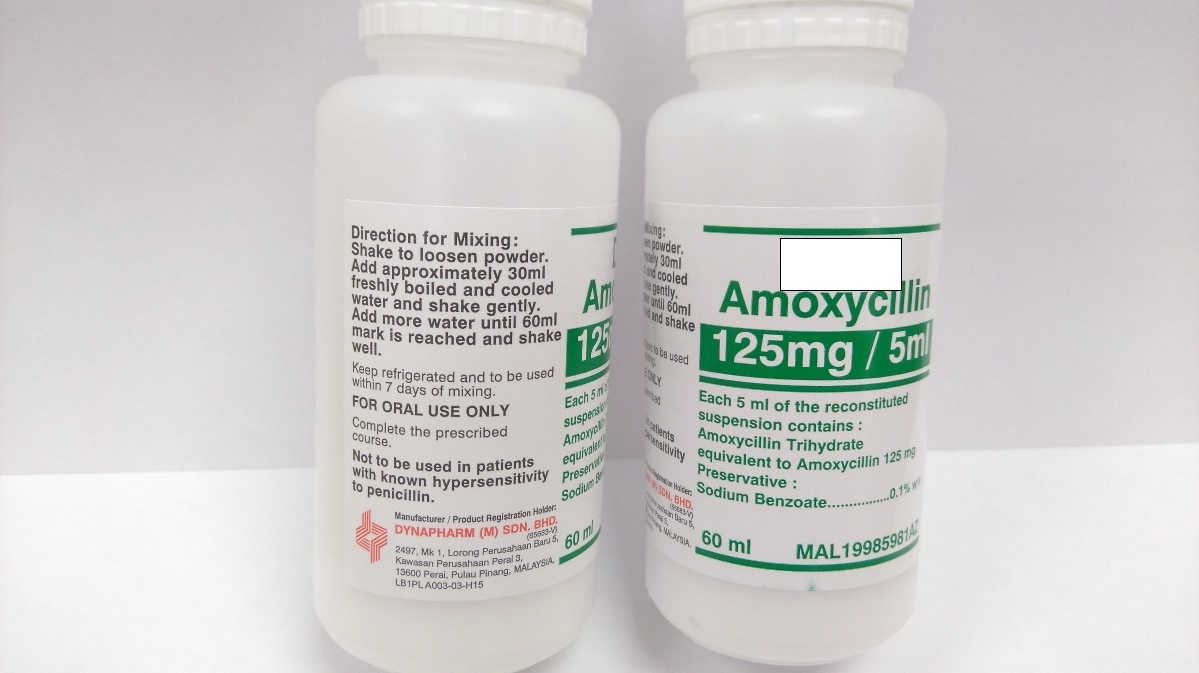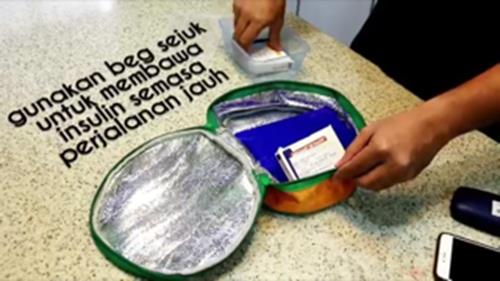Introduction
Each medicinal product should be stored as recommended by the manufacturer, following stability tests done to the product at different temperatures for certain periods of time. There are medications that have to be kept frozen; others can be stored at room temperature while some need to be stored in the refrigerator.
Some medications are stored in the refrigerator while kept at the pharmacy but can be stored at room temperature by the patient. There are also medications that must be maintained kept in the refrigerator even after taking them home. Interestingly, there are medications that were originally stored in room temperature but should be kept refrigerated during use.
This article explains tips on proper storage of medications in the refrigerator, handling of refrigerated medications while travelling, and the importance of complying to temperature requirements during medication storage.
Tips on Knowing Medications’ Storage Conditions
How to know the right storage conditions of medications? You can follow these tips:
- Medications’ storage instructions are usually stated on the box or on the original packaging of the medication.
- Medications’ storage instructions can be found in the package insert under the heading “storage”.
- The pharmacist may paste a sticker with storage instructions on the medication container.
- You can ask directly to the pharmacist who dispense the medication.

Example of storage instructions on a medication packaging
Medications to be Kept Refrigerated
If the instructions on the medication packaging says “keep refrigerated” or “store at 2 – 8°C”, it means you have to keep the medication in the refrigerator.
Refrigerators in the pharmacy are equipped with devices that can display the current temperature inside the refrigerator. However, most domestic refrigerators do not display the current temperature. Therefore, the following steps are recommended for storage of medications in a domestic refrigerator:
- Keep medications in the middle of the refrigerator shelves and space them away from other stuffs in the refrigerator.
- Keep medications away from the freezer compartment and away from the air vents to avoid formation of ice crystals that can damage the medications.
- Do not store medications at the refrigerator door because they will be exposed to uneven temperature every time the refrigerator door is opened.
- Please ensure that medications are not easily accessible to children.
These are some examples of refrigerated medications in the pharmacy that need to be kept refrigerated at home:
- Insulin injections (unused)
- Erythropoietin injections (for example: Eprex® and Recormon®)
- Some interferon injections (for example: Pegasys®)
- Filgrastim injections (for example: Neupogen®)
- Eye drops (for example: latanoprost (Xalatan®) and chloramphenicol)
- Ear drops (for example: chloramphenicol)
- Synthetic salmon calcitonin nasal sprays (for example: Miacalcic®)
- Alfacalcidol oral drops (for example: One-Alpha®)
- Ritonavir capsules (for example: Norvir®)
In addition, some medicinal preparations that are compounded or diluted in the healthcare facility also need to be stored in the refrigerator. These preparations usually have shorter expiry dates. Examples are:
- Mixtures such as omeprazole suspension and spironolactone syrup
- Eye drops such as cyclosporin dan sodium chloride 3%
- Ear drops such as sodium bicarbonate 5%
- Antibiotic syrups / suspensions which are compounded from powder such as amoxycillin supension
Medications to be Kept Frozen
Medications to be kept frozen means medications that should be stored below freezing temperature of -10 to -20°C. Certain types of vaccines and pessaries should be kept frozen in the healthcare facility and only be placed at room temperature just before use.
However, these medications are only used on patients within the healthcare facility. Therefore, patients are not supplied with these medications to be brought back home.
The Need for Maintaining Storage Temperature
Three main reasons why medications need to be stored in the refrigerator:
- To maintain the medication’s effectiveness.
Medications that need to be kept cold will lose their effectiveness when placed outside the recommended temperature range after a certain period of time. The period of stability is dependent on the type of medication and is usually specified in the package insert.
- To maintain the medication’s sterility.
Sterile means medications are free from microorganisms such as bacteria. Some medications especially eye drops or ear drops that are compounded at healthcare facilities aseptically (free from germ) and without preservatives should always be kept in cold conditions to slow the growth of bacteria.
- To maintain the physical form of medication.
Some medications in suppository form need to be stored in the refrigerator so that they do not melt before use.

Example of insulin in use
Not all medications that are stored in the refrigerator in a pharmacy should be kept in the same condition by patients at home. For example, insulin currently in use can be placed at room temperature with stability of up to one month, depending on the type of insulin.
There are also medications that were originally stored at room temperature in the pharmacy but must be kept refrigerated during use. Examples are many antibiotic syrups in powder form such as amoxicillin trihydrate which are prepared for use by adding water to it. Although amoxicillin trihydrate suspension is stored in the refrigerator after being mixed, it can only last for seven days before losing its effectiveness.

Example of medication that should be stored in the refrigerator after being mixed with water.
Tips for Travelling
Travelling could take a long time. If you have to travel with refrigerated medications, make sure you have a cool bag and ice packs with you. This is to ensure that the quality of medications are not compromised due to exposure to warm temperatures.

Example of a cool bag used to carry refrigerated medications while travelling
A cool bag and ice packs can be purchased at the supermarket or a baby store. You can also make your own ice pack by putting ice cubes in a leak-proof plastic envelop then wrap it with a cloth.
Following are tips for travelling with refrigerated medications:
- Keep the medication in a cool bag with ice packs.
- Make sure that the medication does not directly touch the surface of the ice packs so that it does not freeze.
- Put the cool bag in the cabin area of the vehicle.
- If you need to stop and leave your vehicle, bring the cool bag together.
- Store the medication in a refrigerator as soon as you arrive at your destination.

Cold Chain
Refrigerated medications are sensitive towards temperature changes and will be damaged if exposed to temperatures beyond the recommended range for a certain period of time. Therefore, the ideal temperature range must be maintained throughout the process of transporting the medications from the factory to the hands of patients. ‘Cold chain’ refers to maintaining the recommended cold temperature of a medication throughout its transportation process.
Refrigerated medications that have been exposed to room temperature are different from each other in terms of stability. For example, insulin can last up to one month at room temperature but filgrastim and erythropoietin lose their effectiveness after a few hours.
Therefore, patients are advised to bring a cool bag and ice packs to the pharmacy if they are supplied with refrigerated medications that could not last long.
Conclusion
Some medications need to be kept in the refrigerator to maintain their effectiveness, sterility or physical form. You need to be alert about the medication label and storage instructions provided by the pharmacist. Practice the recommended travel tips to maintain good quality of refrigerated medications.
References
- Coleiro, D. (2012). Storage of Medicines and Medical Devices. Diambil daripada http://www.um.edu.mt/__data/assets/pdf_file/0016/153160/Storage_of_Medicines_and_Medical_devices.pdf
- PL Technician Tutorial, Stay Cool: Storing Meds in the Fridge or Freezer. Pharmacist’s Letter/Pharmacy Technician’s Letter. Disember 2012.
- Bahagian Perkhidmatan Farmasi, Kementerian Kesihatan Malaysia. (14 Oktober 2015). Perjalanan Jauh Bersama Ubat Ubatan. Youtube diambil daripada https://youtube.com/watch?v=q-DpJlsc-eI
| Last Reviewed | : | 27 October 2017 |
| Writer/Translator | : | Zuhailah bt. Mohd Shafawi |
| Accreditor | : | Kamariah Shamsinar bt. Kamarul Baharin |







